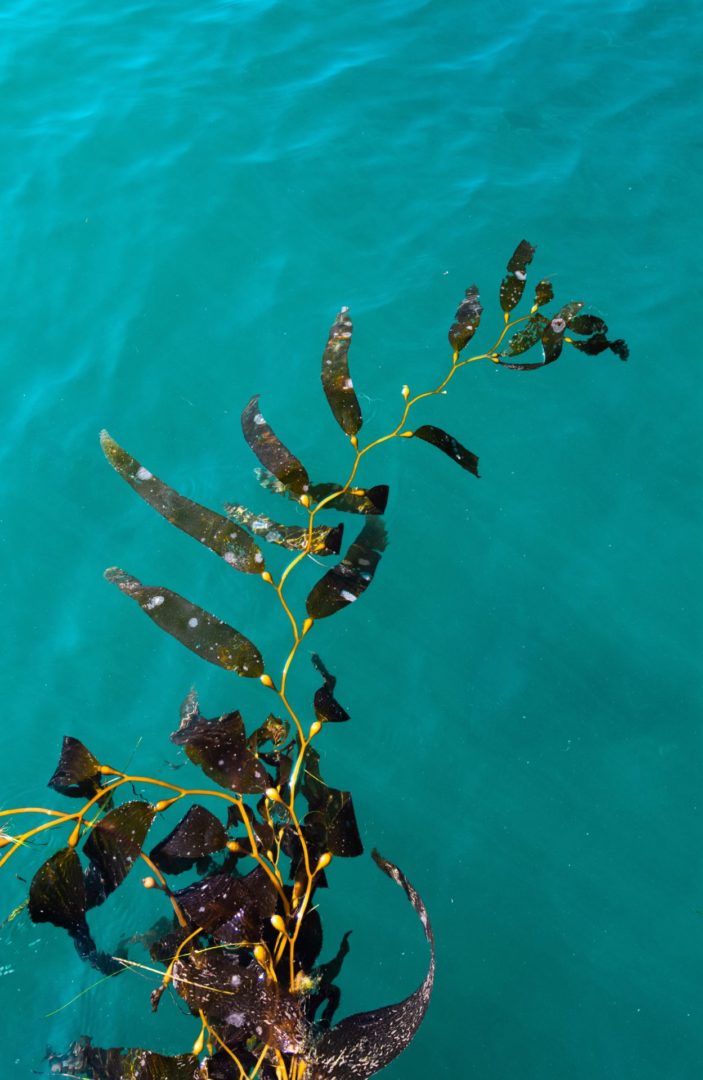
As the state of California advances solutions for biodiversity conservation, climate adaptation, and carbon neutrality, protecting and restoring coastal habitats like wetlands, eelgrass, and kelp should be a key part of the solution.
Pew Charitable Trusts. OPS is working alongside Pew Charitable Trusts to encourage the California State Lands Commission to consider a prohibition on seabed mining off California’s coast, including providing testimony to Commissioners at virtual meetings this year.
Because of this work, we are pleased to announce that the Commission has included a goal to address seabed mining within its 2021-2025 Strategic Plan, opening the door for the Commission to ban this practice in California waters. The Commission is proposing a collaborative effort to look broadly at extractive uses of state lands, and to evaluate the need for policy or regulatory change in the context of transitioning to renewable uses and extractive industries under the evolving mandates of the public trust doctrine.
The state of California has an opportunity to protect coastal communities and the magnificent wildlife and habitat along the West Coast’s nearshore seafloor by implementing precautionary closures of state waters to seabed mining, a destructive practice that can devastate important marine habitat and destroy marine life.
In partnership with Pew, OPS has also called for the protection of seagrass beds and kelp forests in California coastal waters.
30×30 workshops. In collaboration with Pew, OPS participated in the state’s Climate Smart Natural and Working Lands Strategy Stakeholder Workshops to assist with the implementation of the Governor’s Executive Order mandating the protection of 30 percent of California’s lands and waters by 2030.
Whale entanglement in trap fisheries. Following years of record-breaking numbers of entanglements in California, many whales and other marine life could be saved if new legislation passes. OPS is supporting the Whale Entanglement Prevention Act would protect countless endangered species by requiring the use of ropeless fishing gear for trap fisheries, such as crab fishing, by the end of 2025. This bill would make California a leader in promoting sustainable fishing gear that could be used to protect marine life around the world.
Between 2015 and 2020, more than 283 whales were reported entangled in fishing gear off the West Coast. Ropes utilized in crab fisheries wrap around the mouths, tails, and flippers of whales, affecting their ability to surface for air, feed, or care for their young. Many entangled animals suffocate and die. Countless others suffer severe gashes or other trauma as lines cut or become embedded in their skin — which can also lead to death.
Driftnets. OPS worked with partners to ban the destructive swordfish driftnet fishery in California waters, and is supporting passage of federal legislation to implement a similar ban on this driftnet fishery in federal waters.
Pt. Reyes National Seashore. OPS opposes the National Park Service’s controversial plan to expand ranching at Pt. Reyes National Seashore, which is being considered by the California Coastal Commission. We are working to preserve the integrity of existing protected areas and prevent the encroachment of activities that will degrade, pollute, and threaten native wildlife in these areas. Point Reyes National Seashore, now designated an International Biosphere Preserve by the United Nations, is home to over 100 rare, threatened, or endangered species of animals and plants as well as Native American archeological sites. This is the only National Park unit where Tule elk, a unique California species brought back from the verge of extinction, can be found.
Despite overwhelming opposition, the NPS is planning to extend 20-year leases to ranchers, diversify livestock, and expand agricultural footprint and bring mobile slaughter facilities into the NPS.
Aquaculture. As part of the Don’t Cage Our Oceans Coalition, OPS is also working to address industrial aquaculture issues and reverse dangerous policies advancing industrial ocean finfish farming in California waters. Marine finfish aquaculture uses giant floating net pens and cages that routinely discharge fish waste, excess feed, and chemicals into open waters, and can pose an entanglement risk for marine life.
OPS is also part of a small coalition of California-based groups seeking a temporary hiatus on new applications for state water bottom leases for the purpose of aquaculture and voicing our opposition to more environmentally damaging and unsustainable forms of aquaculture (such as bivalve facilities that use pesticides, operations that damage eelgrass, and any large finfish facilities) until a coordinated statewide approach is developed.
What you can do!
Read more about seabed mining and its impact on the marine environment.